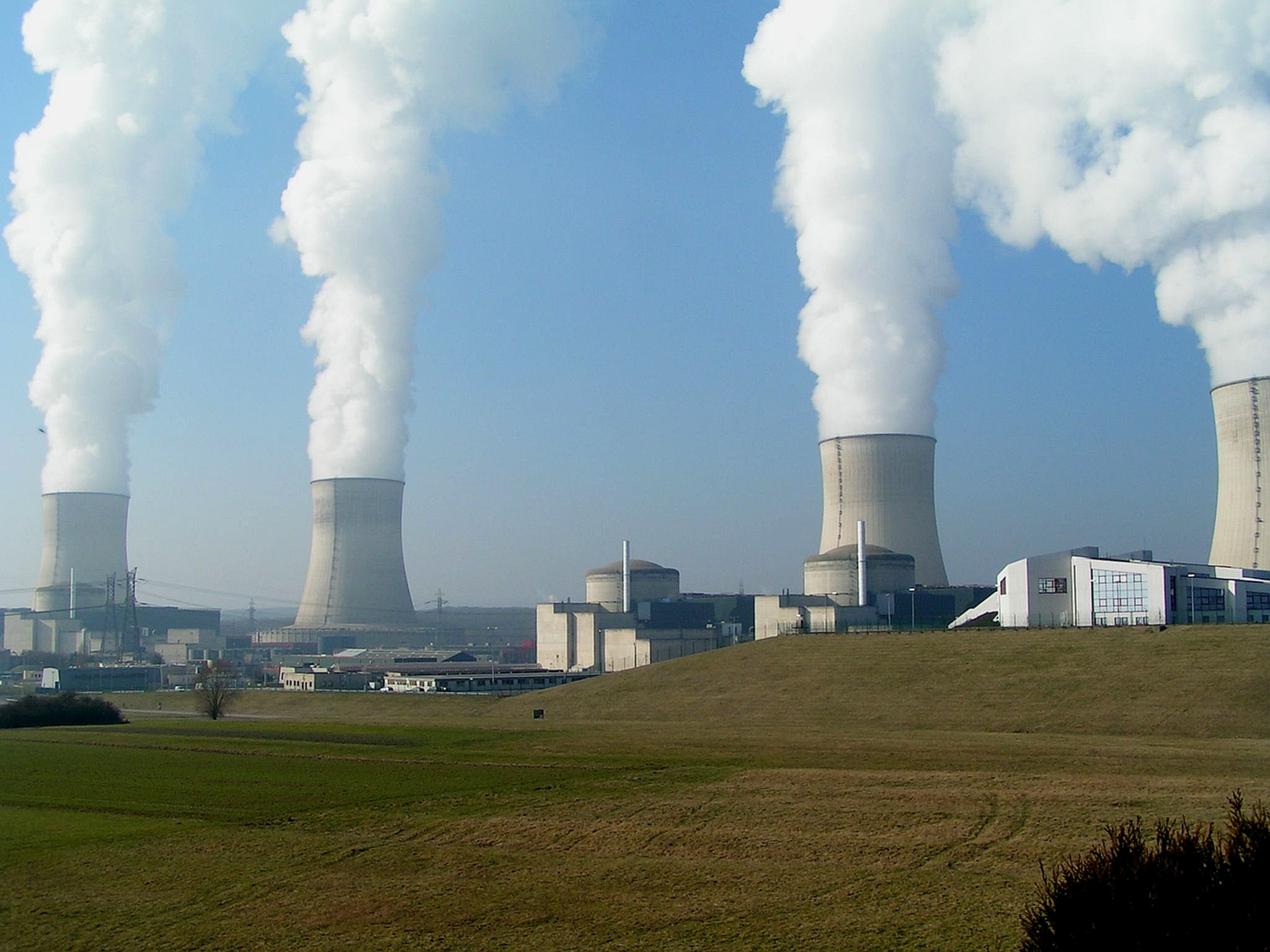French Nuclear Woes Push Power Prices in Europe to Record

EghtesadOnline: The lowest French nuclear availability for the time of year since at least 2009 and a drop off in expected supply from German reactors this winter are helping extend a bull market for European electricity.
German power for the three months to March rose 28 percent since the start of September while the French equivalent gained 63 percent, according to broker data compiled by Bloomberg. Prices could rise even further as France will have to import more power next month during times of high demand, according to Pira Energy.

According to Bloomberg, France has seven fewer reactors available than at the same time last year after operator Electricite de France SA announced it needed to halt 18 units for safety checks. That comes as only about 60 percent of German atomic plants will be available from Dec. 30 because of maintenance, with the fleet not back to full strength until the end of January, according to data from European Energy Exchange AG.
“Once we get high demand combined with that relatively low nuclear availability in France, we may see high prices,” Niek den Hollander, head of Vattenfall AB’s trading unit in Hamburg, said in an interview. “And they may potentially spill over to other countries."
Renewable Energy
French prices for November rose to a record on Friday before slipping 0.2 percent, sending the premium over the comparable German contract to 73 percent or 26.70 euros a megawatt-hour. That shows that Germany will probably ship power to France, the opposite of normal flows during winter, according to Omar Ramdani, head of analysis at RheinEnergie Trading GmbH.
“If there is tightness in France because of reactors, Germany would export and that would push power up prices,” he said. Flows will still be limited by constraints at the border, he said.
Despite the expected reduced nuclear supply, Germany still has an oversupply of power created by increased renewable energy generation. The year-ahead benchmark declined for the past five years and fell to the lowest since at least 2007 in February, broker data show. A short-term increase in prices is unlikely to help coal-fed power plants that are struggling to make money with reduced operating hours and profitability near the lowest in five years.
French nuclear availability is at about 63 percent compared with 78 percent at the same time in 2015, according to data from grid operator RTE. EDF cut output targets for its 58 French reactors this year on Sept. 21 after safety checks on some steam generators were taking longer than expected.
‘Tight’ Supplies
With so many reactors offline, power supplies will be “tight” when demand rises above 70 gigawatts, Bruno Brunetti, a senior director for electricity at Pira in New York said. He expects 90 hours where the market is tight next month. RTE forecasts this week’s peak at 57 gigawatts.
As well as the boost from France, German power prices are also benefiting from a 62 percent increase in European coal this year and the highest carbon prices in more than three months. A 1 euro rise in carbon adds 60 euro cents to the power price and a $1 increase in coal adds 0.33 cents, according to Roland Vetter, head of research at Praxis Utility and Infrastructure Equity Fund Ltd.
Power prices could also be helped by improving German economic data, which showed Friday that industrial production jumped more than expected in August, the biggest increase since January, as energy output climbed 1.1 percent, according to figures from the Economy Ministry in Berlin.
“The fear that more French nuclear reactors will be offline” is driving prices, Steffen Gursinsky, a power trader at Energieunion GmbH, said by phone from Schwerin, Germany. Prices could rise further if there are more delays, he said.


